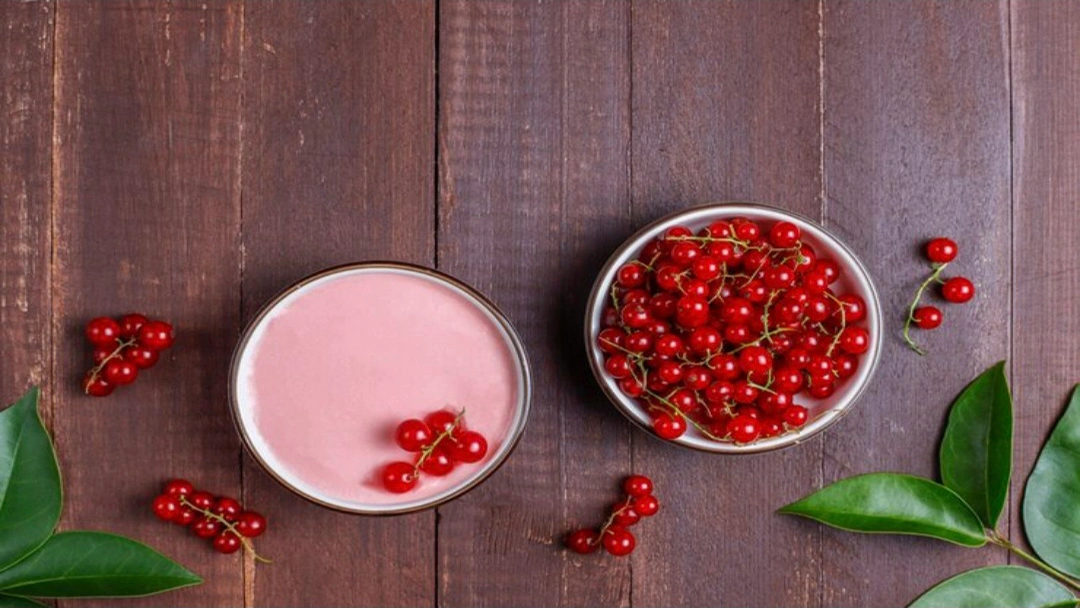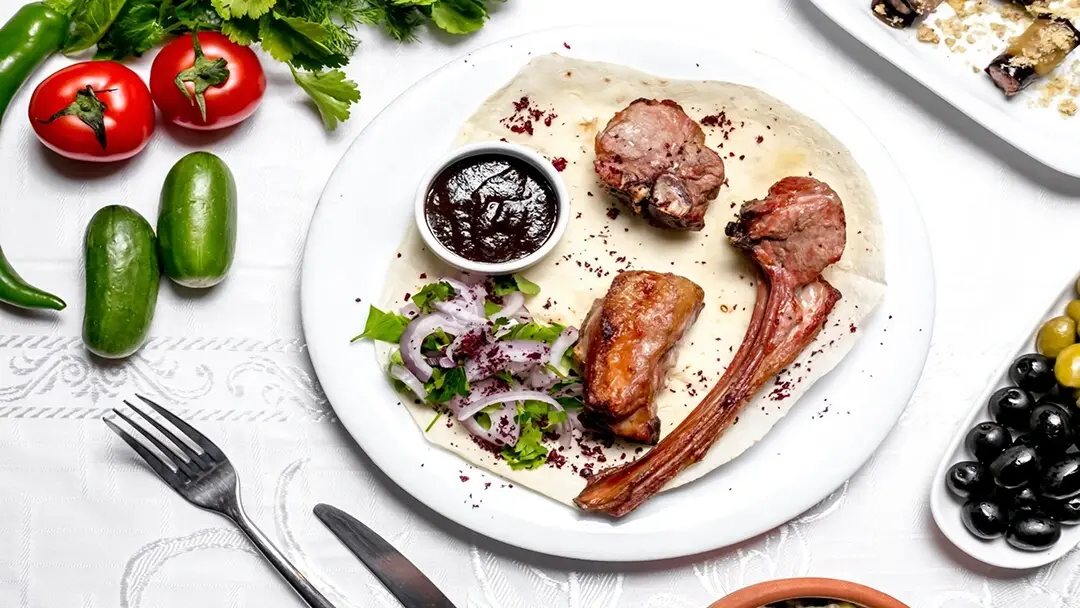How to Use Coconut Oil on a Carnivore Diet?
If you decide to consume coconut oil on a Carnivore diet, you can use it in cooking, baking, making bulletproof coffee (coffee with fat), frying eggs, etc. It can even have some benefits if consumed minimally.
[cta-meetings]
The Benefits of Having Coconut on the Carnivore Diet
Adding coconut products, such as coconut oil, into the less strict variations of the Carnivore diet can have the following benefits.
- Healthy Fats
- Nutrient Absorption
- Satiety
- Energy Boost
- Antibacterial and Antiviral Features
- Better Mental Clarity and Life Quality.
- Skin and Hair Health
Healthy Fats
Coconut oil is a good source of medium-chain triglycerides (MCTs), which are easily digestible healthy fats. MCTs can help improve metabolism and weight loss [1]. Coconut oil can also increase the HDL (good) cholesterol and decrease the C-reactive protein (CRP), a marker of inflammation [2]. But it can also increase the LDL (bad) cholesterol [3].
[cta-meal-plan]
Nutrient Absorption
The healthy fats in coconut oil improve the absorption of fat-soluble vitamins like vitamins A, D, E, and K.
Satiety
The healthy fats in coconut oil can boost feelings of fullness, which helps control appetite and decrease overall calorie intake [4].
Energy Boost
MCTs found in coconut oil easily turn into energy.
Antibacterial and Antiviral Features
Coconut oil contains lauric acid, which has natural antibacterial, antiviral, and antifungal features, supporting your immune system and overall health. Coconut oil can also result in reductions in the number of plaque-forming bacteria in saliva [5].
[cta-gocarnivore-plans]
Better Mental Clarity and Life Quality.
The MCTs in coconut oil can improve cognitive function. Studies show that consuming coconut oil can have positive effects on improving the quality of life, fatigue, sleep, loss of appetite, sexual function, and body image [6].
Skin and Hair Health
Coconut oil can provide moisture and promote skin and hair health.
Learn More: Can You Eat Honey on a Carnivore Diet? The Best Honey for the Carnivore Diet






























